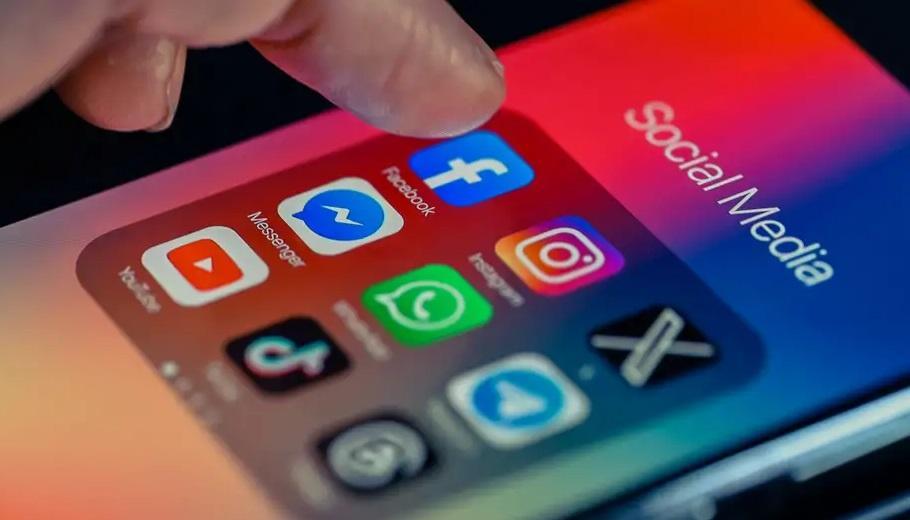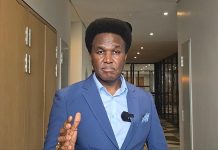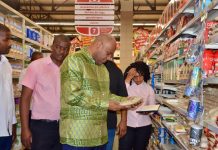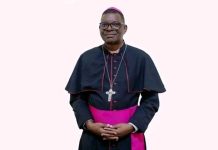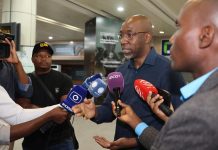Africa-Press – Mozambique. At the start of the third stage of post-election protests in Mozambique, there have been several complaints about restrictions on Internet use. For journalist Rafael Machalela, who was interviewed by DW Africa on Friday (01-11), the aim is to censor “the material truth about the elections” in the country.
The first of seven consecutive days of protests in Mozambique, called by presidential candidate Venâncio Mondlane, was marked by restrictions on the use of the most popular social networks in the country.
All last Thursday (31-10), complaints were made by Mozambicans who use services that allow them to use social networks without being tracked by location.
In an interview with DW Africa, journalist Rafael Machalela condemns what he considers “an act of censorship” and argues that Mozambique’s telecommunications operators “should be held accountable”.
DW Africa: What is happening with internet services in Mozambique?
Rafael Machalela (RM): The operators, such as Movitel, simply blocked the Meta apps, i.e. Facebook, WhatsApp and Instagram. The strategy of blocking these networks was precisely because it is social networks that most help to disseminate information to the masses. They help to show the reality on the ground, especially when it comes to human rights violations or abuses. We have seen many people killed in recent days. How do we know that so many people are being killed by the police? We have followed practically all the police raids to assault people. Everyone was able to see the journalists and Venâncio Mondlane being attacked. All of this was possible because social networks allowed information to be transmitted and shared in record time. And they blocked [social media] precisely so that the regime could continue its atrocities without people filming and sharing them.
DW Africa: Do you consider these restrictions to be a form of censorship, an attack on freedom of expression?
RM: There can be no doubt about it. The United Nations (UN) says that the right to the Internet is also a human right. So we are dealing with an infringement of this right. And obviously we are dealing with an act of censorship, censorship of the material truth about the elections.
DW Africa: And in your opinion, can telecommunications companies be held responsible?
RM: Of course they can. There are people, for example, who work from home and in that situation they are restricted, they cannot work. So, yes, they should be held responsible for colluding and for also taking away the right to the Internet. They cause enormous damage. There are people who want to make bank transactions, for example. I have an interest in the Internet and I paid for it. I should be compensated for these hours without Internet. I think it should be like that for everyone.
For More News And Analysis About Mozambique Follow Africa-Press

